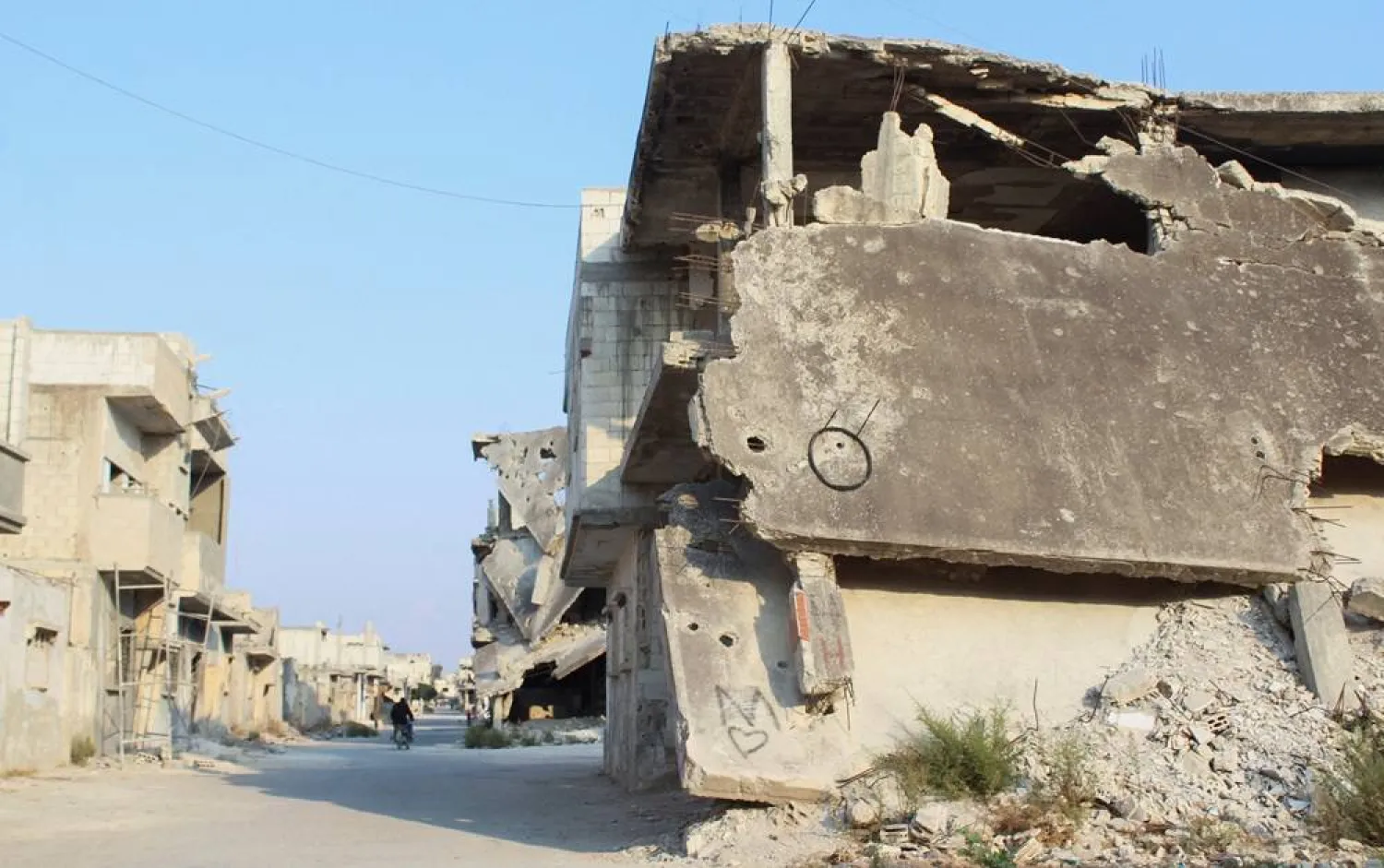Iran has increased its diplomatic and military efforts in Syria in response to Israeli escalation and threats to cut off the Tehran-Damascus corridor.
This includes strengthening Iranian-backed militias, which have stepped up attacks on US-led coalition bases and the US-supported Syrian Democratic Forces (SDF).
These groups are also fighting ISIS in the Syrian desert.
The UK-based Syrian Observatory for Human Rights said on Tuesday that Iran-backed groups launched 89 attacks on US bases in Syria in 2024, using drones and rockets from both Syria and Iraq.
In turn, US forces have upgraded their base defenses, including air defense systems, to intercept drones before they reach their targets.
At the same time, Iran’s Revolutionary Guard Corps (IRGC) is expanding its training camps for militias, especially the Iraqi Harakat al-Nujaba, in Syria’s southeastern Homs desert.
Reinforcements from the Zainabiyoun and Fatemiyoun brigades, totaling about 225 fighters, recently arrived in the eastern Deir Ezzor province through the al-Hari border crossing. The fighters are stationed in Al-Boukamal and Mayadeen under IRGC command.
Local sources said Iran is working to strengthen its military presence in the region.
On Monday evening, ISIS launched an attack on Iranian-backed militias in the desert near Tadmur, east of Homs.
Syria's Al-Watan newspaper reported that on Monday, government forces and allied troops fought fierce battles with ISIS cells in the eastern Homs desert.
A military source said the clashes killed several ISIS fighters and destroyed their vehicles, which were armed with heavy machine guns.
The militants had attempted to cross from areas controlled by US forces in the 55-kilometer zone to target military positions near the town of al-Taybah in eastern Homs.









